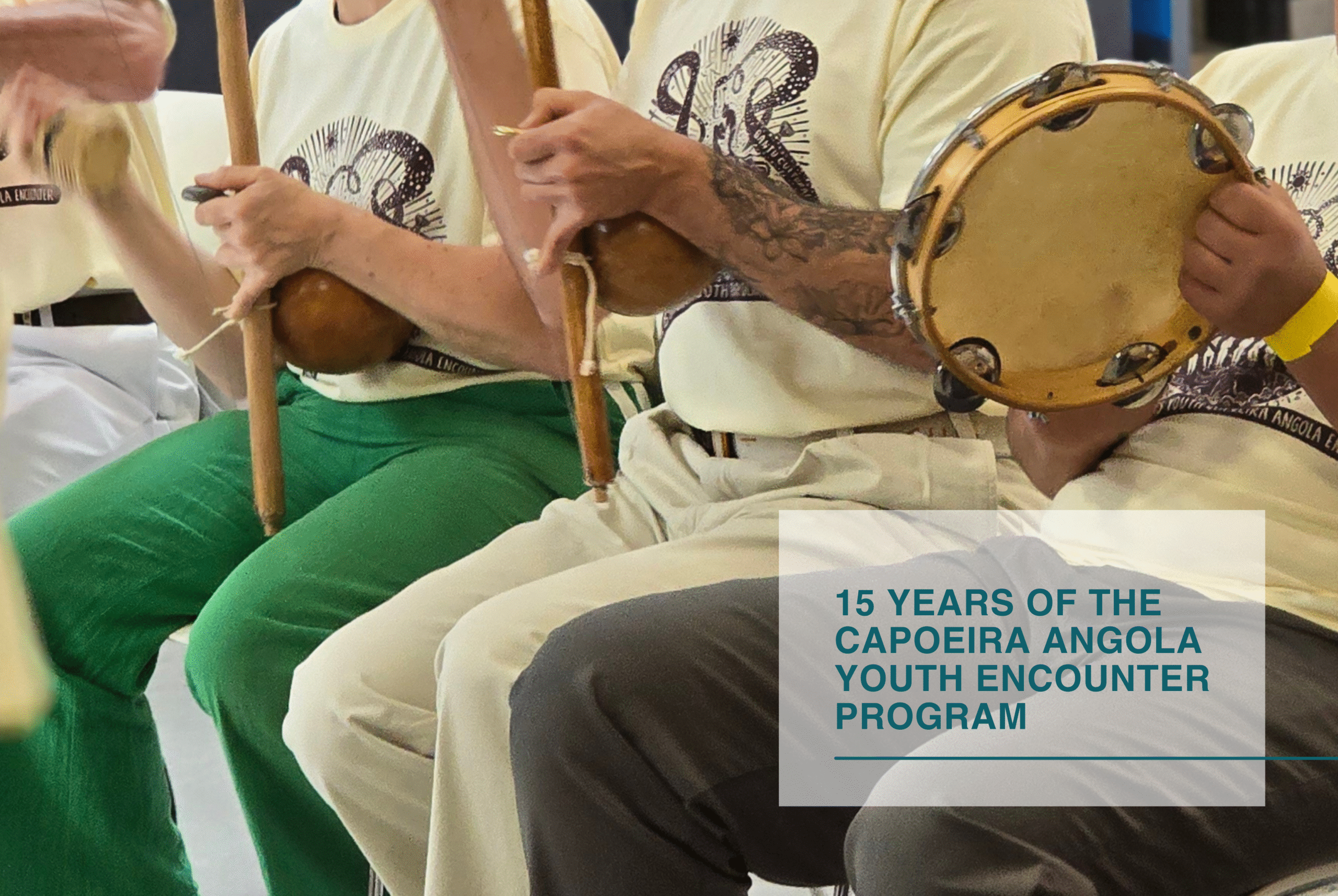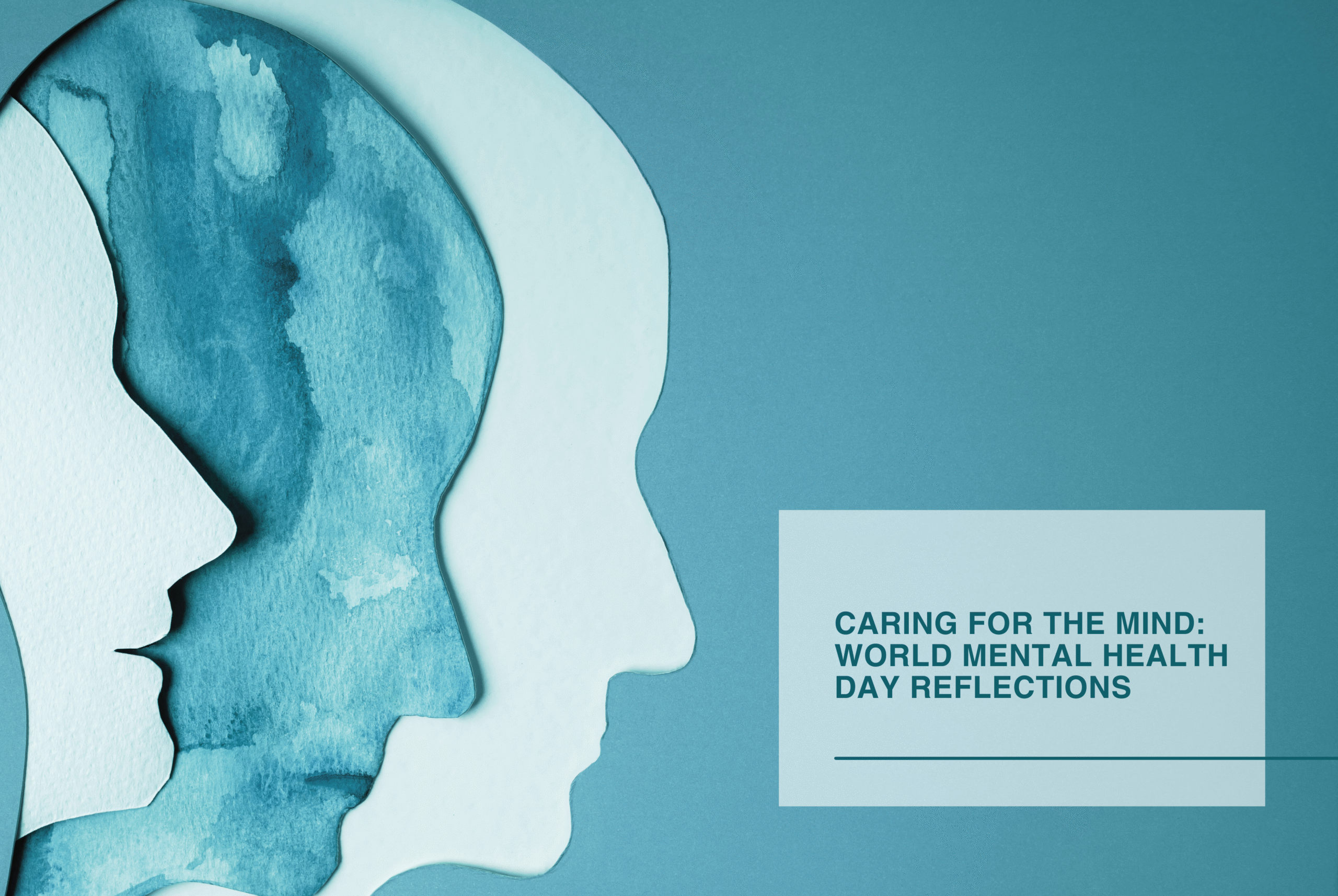15 Years of STARTTS Capoeira Angola Program

STARTTS (NSW Service for the Treatment and Rehabilitation of Torture and Trauma Survivors) proudly celebrates 15 years of the Capoeira Angola Youth Program, a pioneering initiative that continues to transform the lives of young people from refugee and refugee-like backgrounds across Sydney.
The Capoeira Angola Youth Program stands as one of STARTTS’ most creative and enduring interventions, designed to foster resilience, belonging, and well-being among young people rebuilding their lives in a new country. This year’s milestone will be marked by a series of Capoeira Angola workshops across Sydney schools and the 15th annual Youth Encounter event, reflecting on a decade and a half of positive change, empowerment, and connection.
A Cultural Practice that Builds Resilience
The program draws upon the vibrant tradition of Capoeira Angola, an Afro-Brazilian art form that blends martial arts, dance, rhythm, and philosophy. Originating among enslaved Africans in Brazil as an expression of freedom and resistance, Capoeira Angola has evolved into a powerful symbol of cultural identity, strength, and community.
STARTTS introduced the practice as part of its youth programs 15 years ago, recognising its therapeutic value for young people from refugee backgrounds who have faced displacement, trauma, and the challenges of adjusting to a new environment.
By combining physical movement, music, and social connection, Capoeira Angola offers participants a way to express themselves, rebuild confidence, and develop a sense of belonging. Through the circle—or roda—students learn mutual respect, collaboration, and empathy, values that extend well beyond the classroom.
Empowerment Through Movement and Connection
STARTTS’ Capoeira Angola Project Officer, Contra-Mestre George, has witnessed the impact of the program since its inception.
“For 15 years, we’ve seen firsthand how Capoeira Angola helps young refugees not just cope, but thrive,” Mr Pearson said.
“This program offers a creative space for participants to channel their energy in a positive way, while building the deep, meaningful connections that are vital for their well-being and future success. It provides young people with a sense of purpose and a community, where its members can feel safe and respected.”
The initiative is more than a cultural or physical activity—it’s a therapeutic intervention that promotes emotional regulation, teamwork, and leadership. Students often describe Capoeira sessions as moments of joy and release, where they can express feelings that are otherwise difficult to put into words.
Collaboration and Cultural Exchange
From 15–18 September, STARTTS will partner with Bantu Cultural Institute and capoeira instructors from the Philippines to deliver workshops at several Intensive English Centres and Wollongong West Public School. Project Bantu has been a long-standing collaborator, bringing extensive experience in using Capoeira Angola as a tool for community development and psychosocial recovery.
These workshops will give students the opportunity to learn the fundamental movements, rhythms, and songs of Capoeira Angola. Beyond the physical training, participants will explore its cultural roots—discovering how music, call-and-response singing, and movement come together to create a space of respect and unity.
The sessions are designed to promote physical well-being, emotional expression, and intercultural understanding, offering students from diverse backgrounds a shared experience that transcends language and cultural barriers.
The Youth Encounter: A Celebration of Culture and Community
The week of workshops will culminate in the 15th STARTTS Youth Capoeira Angola Encounter, taking place on Friday, 19 September at the Fairfield Youth and Recreation Centre from 10am to 2pm.
The Encounter is the highlight of the Capoeira Angola program—a vibrant gathering that brings together students from all participating schools for a day of celebration, cultural exchange, and community building. Within the symbolic roda, or circle, participants take turns playing, singing, and moving to the rhythm of traditional instruments such as the berimbau, pandeiro, and atabaque.
This shared experience fosters mutual respect and equality, encouraging young people to see one another not as newcomers from different places, but as members of a unified community. For many students, it is also a rare opportunity to showcase their achievements and feel recognised for their efforts.
A Tool for Healing and Self-Determination
Jaime Benedicto, Executive Director of Project Bantu Philippines, reflected on the deeper meaning behind the practice:
“Culture is an important means of self-determination for the individual. Project Bantu, through the transmission of Capoeira Angola, teaches young people the importance of understanding themselves and challenging their limits, both in the class and outside.”
This philosophy resonates strongly with STARTTS’ broader mission—to support healing and recovery from trauma through community engagement and cultural strength. By encouraging young people to take pride in their identities, Capoeira Angola helps them build resilience that extends into other areas of life, from school engagement to personal relationships.
Learn more about STARTTS’ youth and community programs at www.startts.org.au.


